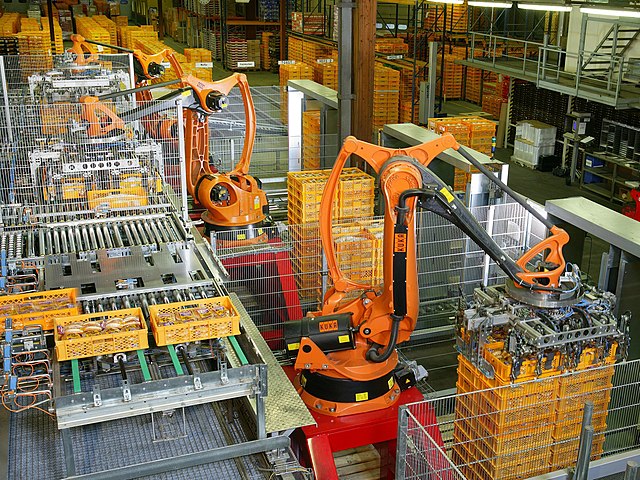Consumerism is a social and economic order in which the aspirations of many individuals include the acquisition of goods and services beyond those necessary for survival or traditional displays of status. It emerged in Western Europe before the Industrial Revolution and became widespread around 1900. In economics, consumerism refers to policies that emphasize consumption. It is the consideration that the free choice of consumers should strongly orient the choice by manufacturers of what is produced and how, and therefore orient the economic organization of a society. Consumerism has been criticized by both individuals who choose other ways of participating in the economy and environmentalists concerned about its impact on the planet. Experts often assert that consumerism has physical limits, such as growth imperative and overconsumption, which have larger impacts on the environment. This includes direct effects like overexploitation of natural resources or large amounts of waste from disposable goods and significant effects like climate change. Similarly, some research and criticism focuses on the sociological effects of consumerism, such as reinforcement of class barriers and creation of inequalities.

An electronics store in a shopping mall in Jakarta, Indonesia (2002)
Bernard Mandeville's work Fable of the Bees, which justified conspicuous consumption
Josiah Wedgwood's pottery, a status symbol of consumerism in the late 18th century
Black Friday shoppers, DC USA
Growth imperative is a term in economic theory regarding a possible necessity of economic growth. On the micro level, it describes mechanisms that force firms or consumers (households) to increase revenues or consumption to not endanger their income. On the macro level, a political growth imperative exists if economic growth is necessary to avoid economic and social instability or to retain democratic legitimacy, so that other political goals such as climate change mitigation or a reduction of inequality are subordinated to growth policies.
Das Kapital by Karl Marx contains the first theory of a growth imperative, which is still disputed today.
The link between technical progress and resource use is disputed
Smart phone and car: voluntary consumption or necessary increases of individual productivity?







